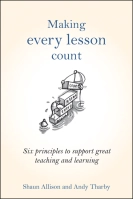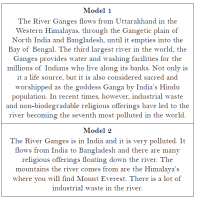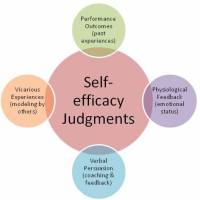Today saw the third meeting of the EduBook Club – a summary of the other meetings can be viewed here. As the meetings have progressed, there has been a subtle shift in the focus. In the first meeting, it seemed to be about unpicking the key ideas of each book. Then in the second meeting colleagues seemed to be discussing how the ideas in the book were being translated into their everday classroom practice. Today, in the third meeting, the discussion centred around critiquing the book and using it as a catalsyt for coming up with some big questions – that would be useful for reflection at an individual, subject and whole school level. Andy and I have summarised these questions here:
- Do we explicitly (and effectively) teach students how to find errors in their work – within the context of each subject?
- Do we, through our teaching, make links between topics clear and so encourage students to make these links?
- How do we balance curriculum coverage with the need to explore topics in depth?
- How good are we at shifting the responsibility of ‘an ethic of excellence’ onto our students? Does this still mostly come from us as teachers?
- Do we provide them with enough opportunities (within our subjects) to see examples of excellent work?
- Where do we draw the line between teaching studnets good classrom routines and habits and becoming too regimented and stifling of individuality?
- What’s the right message about growth mindset to give to students – that anybody can achieve anything OR with the right amount of effort and determination, we can all get that little bit better?
- Do/should we use the ‘effort’ grades on reports as rigorously as the achievement grades to plan interventions and monitor progress?
- Rather than using posters of quoted sports/ famous people to spread the idea of the growth mindset, why don’t we use success narratives of students? What would this look like in different subjects?
- Do we get the balance right between revisiting prior learning and delivering new content?
- Do we fully appreciate the impact of peer influence on individual pupils’ learning?
- Do students need to be told their MEG (Minimum Expected Grade) or does this limit their expectations of themselves?
- How can we get better at encouraging students to ‘self-check’ their work i.e. do SelfDIRT? What could/should they be able to check in each subject?
- How can we maximise our effect on students in light of the fact that they are influenced by a multitude of factors in and out of the classroom?
- Do we support/ encourage our students to make sure that their written work is as good as it can be? Would prompts like this help?:
These questions could be used in a variety of ways:
- For individual reflection about your own teaching.
- As discussion points for subject teams.
- As a starting point for discussions about whole school development work.
- As a possible focus for a future research project.
Please feel free to leave your thoughts on any of the questions as a comment below.













I work for a teaching agency and after reading your blogs the book club seems like a great idea for our staff who often do not get to engage in CPD events as they are not permanent at a given school. Would you have any recommendations for books that would be beneficial for Teachers and Support Staff who are working in different schools every day? We also will have teachers who are working in longer term contracts so books that would benefit both would be great!
Thanks for your advice in advance!
Trisha Brook
Protocol Education
020 3219 7755
Pingback: Getting to the core… | Class Teaching